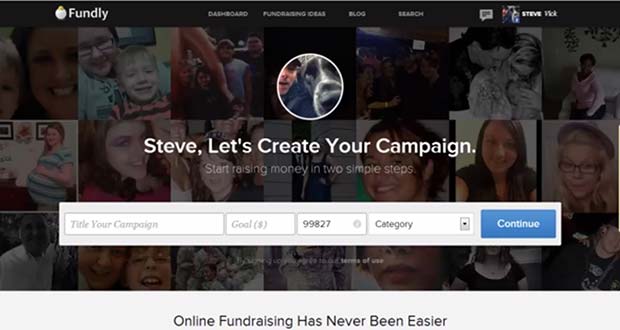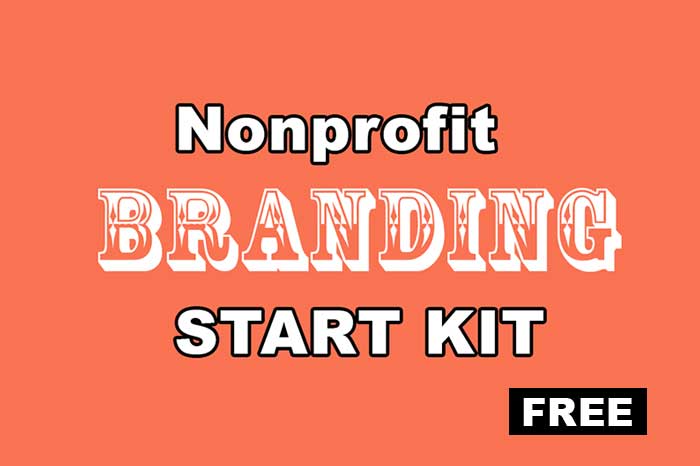In my last post, I discussed the importance of fundraising registration, or registering before you solicit funds in a given state.
Many states have clear definitions of what it means to fundraise within their borders. Today, I’ll talk about online fundraising, which is a murkier subject.
If you run a nonprofit in 2015, chances are you have an online presence to market and to spread awareness of your mission.
If you also fundraise online, then pay attention. You have special rules to follow, which in all honesty you may have never encountered before.
These rules include registering to solicit funds, applying for a Certificate of Authority, appointing a registered agent, and more, all before you can start asking for donations online.
This post will be a high-level discussion of online fundraising issues. It should get you thinking about your specific compliance requirements, and about how you will meet any gaps in your organization.
What is Online Fundraising?
Each state has specific definitions of and laws regarding online fundraising. Usually, online fundraising consists of soliciting funds via a website, social media, a “Donate Now” button, or an email campaign.
Where the Issue Arises
Technically, when you fundraise online, you are soliciting the residents of every state for a donation. Currently, forty-four states have fundraising laws, and most of them have a registration requirement. Compliance with each state’s requirements is a daunting task, particularly to a small nonprofit.
Fortunately, in 2001 the National Association of State Charity Officials released the Charleston Principles as guidance for states about regulating online fundraising. The principles in this document are generally accepted, but are not law. State requirements can and do differ wildly from the contents of the Charleston Principles. Be sure to review them, and then consult your state’s statutes.
How and Where Do I Register?
You will register your organization with the state’s charitable solicitation authority, typically the Attorney General’s office. In most states, you’ll file a form and include the state’s fee. In other states, you may also be required to appoint a registered agent or obtain a Certificate of Authority.
If you’re fundraising online, you can see how the registration process very quickly becomes overwhelming. You have two options.
- Register in every state – The only way to ensure full compliance is to register in each state that requires it. Preparing all the proper forms correctly can be overwhelming, so you might consider professional help if you can afford it.
- Register in a few states – If you run a small nonprofit, you might register in just a few states to save on cost. However, you must confine your fundraising activities to just those states.
Why Is Registration So Important?
States want to know that legitimate organizations are soliciting its citizens. Upon registration in many states, your information is listed on a public registry, which donors use before they give to your cause.
Exemption from Registration
Most states have an exemption clause, meaning that some organizations don’t have to register. Typically, exemptions apply to nonprofits with very little revenue, or that conduct certain activities as outlined by the state. Again, always check the state’s code!
What If I Don’t Register?
The IRS and most states have unique fines and penalties for failure to register or to disclose your activities fully. Don’t risk financial penalties, or losing your tax-exempt status. Make sure you register with the proper authorities wherever you intend to fundraise.
Key Takeaways
They say the Internet transcends borders, and brings us all together. In some ways, that is certainly true. However, when it comes to online fundraising, registration is left up to the states, which can be a massive headache for your nonprofit.
Before you add a “Donate Now” button to your website, or try to duplicate the #IceBucketChallenge, make sure you are compliant with state requirements. First, review the law. Then, do a comprehensive review of your activities and current registrations, and fill any gaps!














